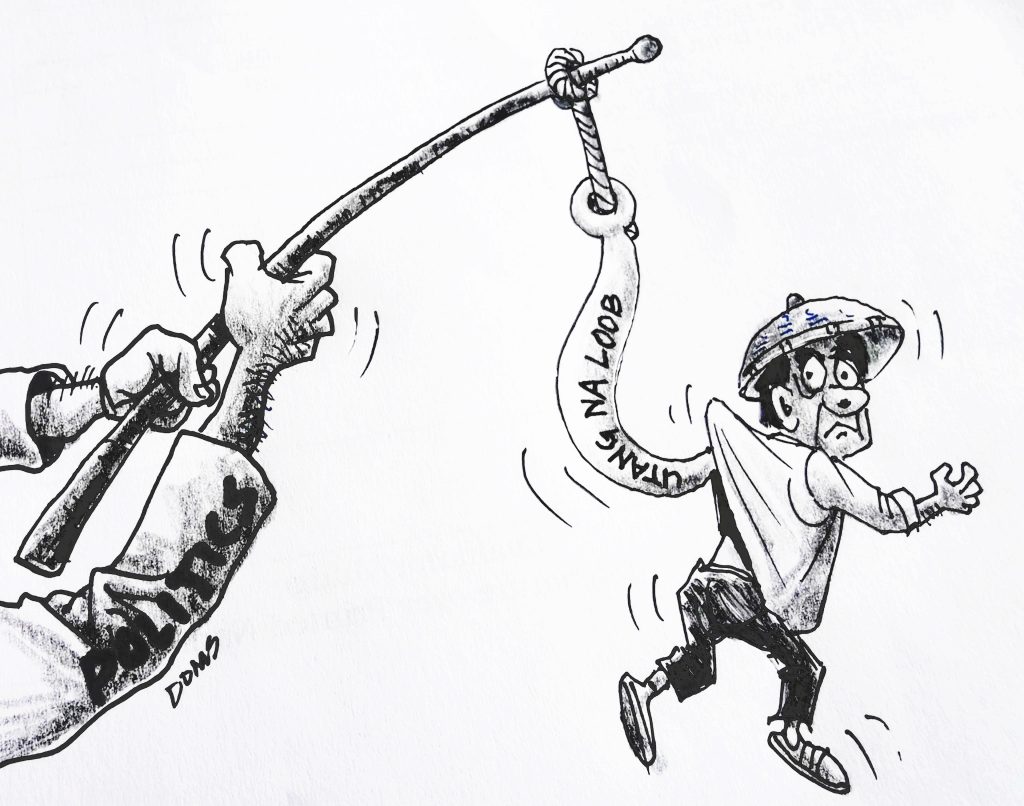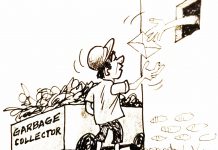Debt of gratitude holds a revered place in Filipino culture, representing loyalty and honor among family and community. However, wise politicians have weaponized this value, exploiting the poor’s gratitude for personal gain by offering assistance as bait for votes. This misuse of generosity stunts the empowerment of the masses, as it replaces genuine support with an endless cycle of dependency.
In many communities, politicians capitalize on “utang na loob” to secure their positions. They distribute financial aid, groceries, and other material assistance to needy families who, in turn, feel morally bound to repay these favors at the ballot box. The short-term relief offered keeps families afloat temporarily but does nothing to address their underlying hardships, making them easy targets for this political trap. This superficial charity sustains poverty rather than alleviates it, creating a population that remains powerless and beholden to leaders who should, ideally, be advocating for their independence.
Such manipulative practices mirror the old saying about giving a fish versus teaching to fish. Rather than establishing programs that would allow people to sustain themselves—such as skill training, livelihood programs, or even educational scholarships—these politicians keep voters reliant on handouts. This strategy not only impedes economic progress but stifles the community’s sense of self-worth. When one depends on a politician for essentials, self-empowerment is out of reach, leaving generations conditioned to survive on seasonal “aid” rather than learning how to secure their own futures.
Moreover, this cycle of dependence detracts from democracy itself. If people feel they owe their votes to those who provide short-lived relief, they are less likely to hold these politicians accountable for their long-term actions. This cycle of indebtedness erodes democratic choice, as voters become passive recipients of favors rather than active participants in a healthy political system. In such a setup, leadership no longer prioritizes public welfare but instead cultivates control over a population rendered too grateful to demand better services and real opportunities for growth.
The best way forward is to empower communities with sustainable support that nurtures independence, not dependency. Politicians should be pressured to implement programs aimed at economic self-sufficiency, enabling people to make choices free from the chains of “utang na loob.” When public leaders are held accountable for fostering genuine growth rather than distributing temporary relief, citizens will have the means to thrive on their own and, ideally, the discernment to vote for leaders who respect their dignity and independence.




